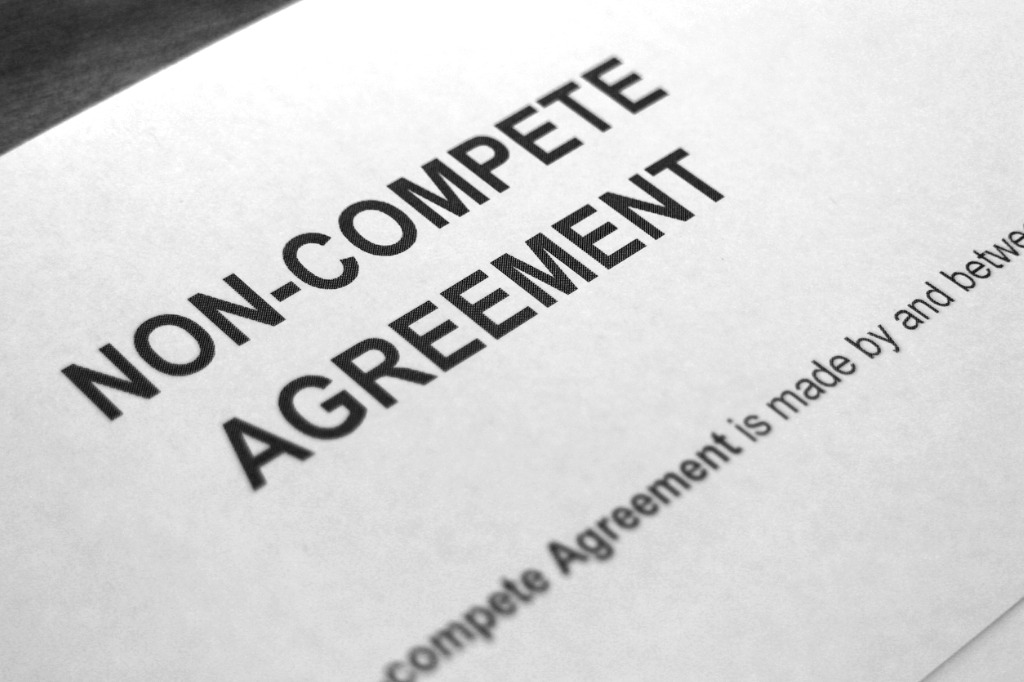

Non-competes in New York City: What is Lawful?

 Non-compete defense occurs when employees leave, compete with a former employer, and break a contract in doing so. Non-competes, which originally were used to keep top executives from taking trade secrets to rival firms, have now become common among all types of workers. For example, non-competes in the medical field – ie nurses and doctors – are particularly popular. Non-competes now cover 18 percent of all U.S. employees and have covered 38 percent of workers at some point in time. Additionally, 14 percent of workers without college degrees have non-competes. With this rising popularity, employers and employees need to be aware of their contractual obligations. Seek legal assistance to ensure your agreement is lawful.
Non-compete defense occurs when employees leave, compete with a former employer, and break a contract in doing so. Non-competes, which originally were used to keep top executives from taking trade secrets to rival firms, have now become common among all types of workers. For example, non-competes in the medical field – ie nurses and doctors – are particularly popular. Non-competes now cover 18 percent of all U.S. employees and have covered 38 percent of workers at some point in time. Additionally, 14 percent of workers without college degrees have non-competes. With this rising popularity, employers and employees need to be aware of their contractual obligations. Seek legal assistance to ensure your agreement is lawful.
Restrictions under Non-Compete Agreements
The use of these agreements is premised on the possibility that an employee might begin working for a competitor and gain a competitive advantage by exploiting confidential information about their former employer’s operations. Usually, an agreement contains limitations regarding the geographical area and time period in which an employee may not compete. The extent to which types of non-compete clauses are legally allowed varies based on jurisdiction. For example, New York courts will not enforce a non-compete agreement where the former employee was involuntarily terminated. Additionally, under New York law, a non-compete agreement will only be enforced if it is no greater than is required for the protection of the legitimate interest of the employer, does not impose undue hardship on the employee, and is not injurious to the public.
Ask the Right Questions
Employers should ask job candidates whether they have an agreement with their current or former employer that includes a non-compete clause. If they say “Yes,” ask to see the agreement and have an experienced lawyer look at it. Make your intentions with your new hires clear. Have an attorney draft a statement stating that you don’t want the new hire to compete unfairly with a former employer, breach any non-compete agreement, or use any confidential information of a former employer. Ask the new employee to sign it. Don’t ask a new hire for any confidential information, trade secrets, or client lists. If an employee offers it, you should decline. Working with an experienced attorney can legally protect you in a non-compete situation.
Seek Non-Compete Assistance Today
With non-competes becoming more common, employers and employees often need legal assistance. A Wall Street Journal analysis, for one, found that non-compete lawsuits increased by 60 percent between 2002 and 2013. The Working Solutions Law Firm, located in New York City, can assist you if you are struggling with a non-compete agreement. Contact us today at (646) 430-7930 to schedule a free case evaluation and receive experienced legal counsel.


